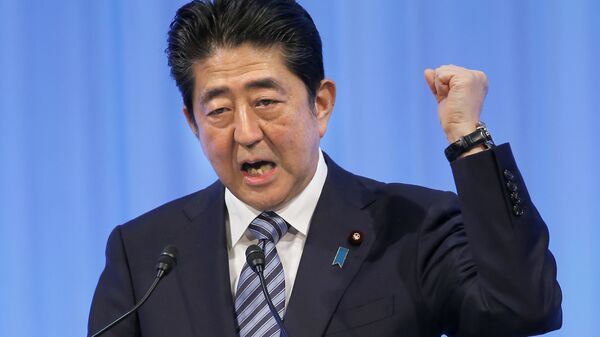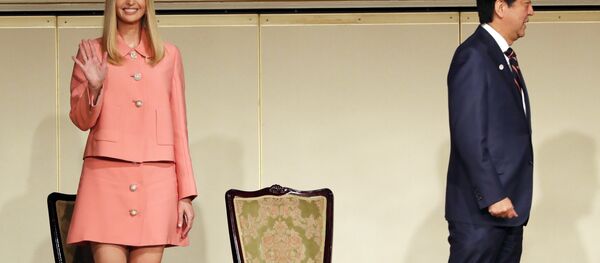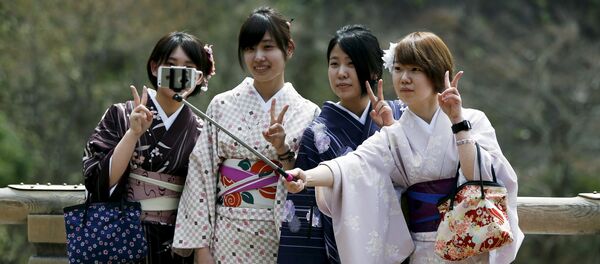Yuka Ogata, who had taken her seven-month old son to a session of the Kumamoto municipal chamber on Wednesday, was told to leave the public gathering by her male colleagues, who insisted that she could not bring her child onto the assembly floor.
The female politician arrived shortly before the start of the session, but then was approached by the Chairman of the assembly, Yoshitomo Sawada and the staff of the chamber's secretariat, who asked.
After several minutes of trying to convince Sawada to let her stay with her son, who was sleeping peacefully the entire time, Ogata got up and left the assembly.
The Chairman then started the session, apologizing for a delay, though one assembly member shouted that he is "not the one who needs to be apologizing."
READ MORE: What's Your Favorite Body Type? Ideal Figure Debates Explode on Twitter in Japan
Although there is no express rule that assembly members are not allowed to bring their children along, Ogata's colleagues argued that the infant was a visitor, who should sit in the public gallery.
The recent incident serves to highlight the difference between Japan and other developed countries in terms of the treatment of women in the workplace.
“I wanted to appear in the assembly hall with my baby and represent the voices of mothers, working and nonworking, who tell me they’re struggling to raise a child in Japan”, Yuka Ogata, a Japanese politician.
— Daniel S Fava (@dsfava) 24 ноября 2017 г.
A similar incident occurred in 2014, when a number of male assembly members in Tokyo shouted sexist remarks at their female colleague for suggesting that more support should be provided to young mothers and pregnant women.
Similarly, Australian Senator Larissa Waters was praised for having the courage to wet-nurse her child while addressing parliament.




